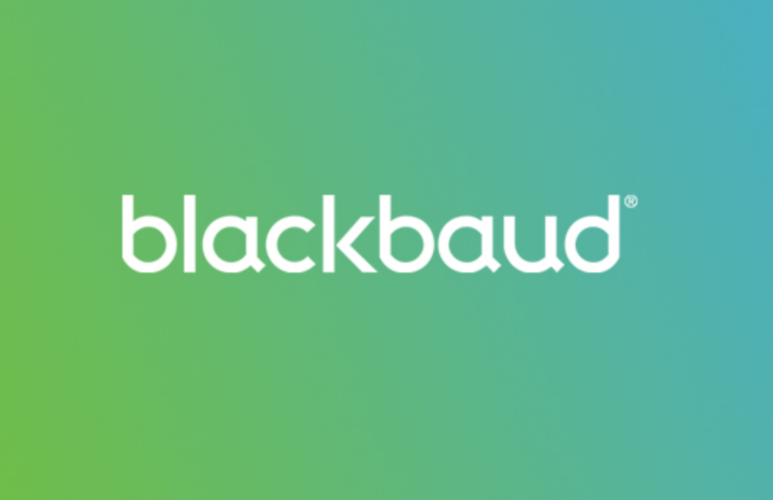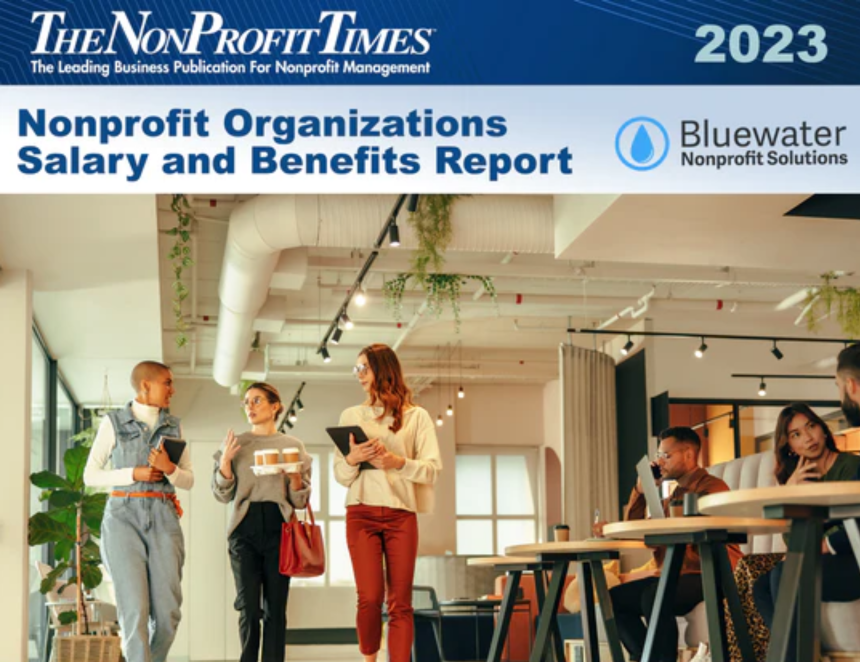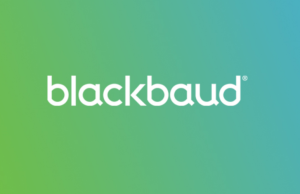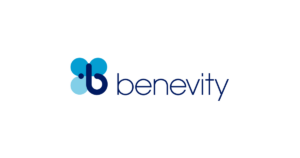The estimated 70 million Americans who belong to Generation Z show a promising commitment to the values of giving and generosity. This is underscored by the 84% of them who support charitable causes in some way and the 59% who do so through donations.
This next generation is reshaping the giving landscape in ways predictably reflective of their status as digital natives while rallying around priority causes like social justice and climate change. However, lack of understanding of what motivates their generosity is causing fundraisers to leave opportunities for further engagement with them on the table.
That is some of the data from the research arm of software giant Blackbaud, following a survey of more than 1,000 Gen Zers and nearly 300 nonprofit professionals. Insights and recommendations from the study, conducted in partnership with a team from Edge Research in Arlington, Virginia from July to September 2023, can be found in the Blackbaud Institute’s newly released 31-page report Gen Z at the Table.
“Gen Zers are eager to engage as volunteers and as promoters of your organization and cause,” the authors wrote. “By all accounts, however, organizations have made limited investment in mobilizing Gen Z’s energy.”
This might account for why less than one-third of Gen Z donors, or about 19% of Gen Z respondents overall, reported giving money directly to an organization. The remaining Gen Z donors reported giving to individuals or contributing to organizations in other ways such as by donating goods and services or participating in community fundraising activities such as a charity run or walk.
Lack of disposable income was the most common reason for not giving, cited by nearly half (48%) of Gen Z respondents. This wasn’t surprising and is consistent with generations before them when they were young and starting their adult lives and careers. Still, 84% of Gen Z respondents reported supporting causes in ways that included volunteerism or advocacy even if it didn’t specifically involve money. “That means Gen Zers probably represent an untapped (or at least undertapped) resource to build your brand, expand your sphere of influence, and recruit more supporters,” write the authors.
Encouragingly, one-third of Gen Zers expect to increase giving during the coming year. Thus, it behooves fundraisers to increase efforts to connect with them in ways that align with their reasons for giving. Across the board, Gen Z respondents cited trust in an organization, belief in an organization’s mission, and assurance that the organization gives back to the community as their top three reasons for supporting a charity.
Nearly 70% of Gen Z respondents said impact reporting would increase their motivation for giving. However, statistical reporting needs to be balanced by stories that tug at the heart in ways young people can relate. More than half (57%) also said a postal thank-you note would increase their likelihood of giving. “Don’t disregard snail mail, even with your ‘very online’ youngest donors,” the authors wrote.
All these insights should inform fundraising strategies that leverage Gen Z’s preferred giving channels, which include retail checkout donations and cause-related retail purchases that fit in with the flow of their daily lives. “Gen Z is also motivated to give by opportunities for engagement and belonging, like events and social media,” write the authors. Gen Zers strongly embrace opportunities for workplace giving (89%) and workplace volunteering (92%) as well.
Although Gen Zers have less money than other generations to give at this stage of their lives, early adulthood is when many people form lifelong connections to groups and causes. “This suggests that investing in Gen Z donor recruitment today may ultimately pay off in a big way, but not for a couple of decades,” according to the authors. “Unfortunately, many fundraisers face increased pressure to think short-term and focus on generating money now, possibly at the expense of lucrative long-term relationships. Do what you can to push against this tide of short-term thinking.”









